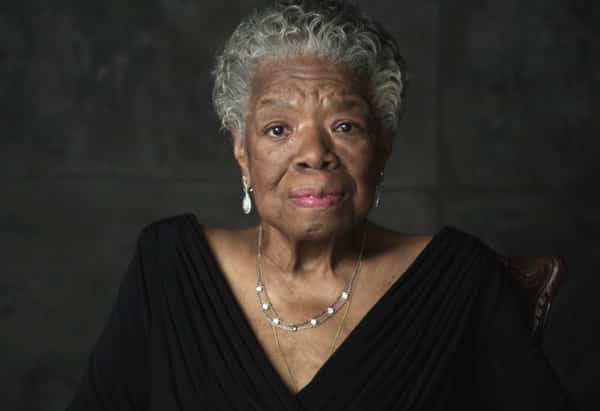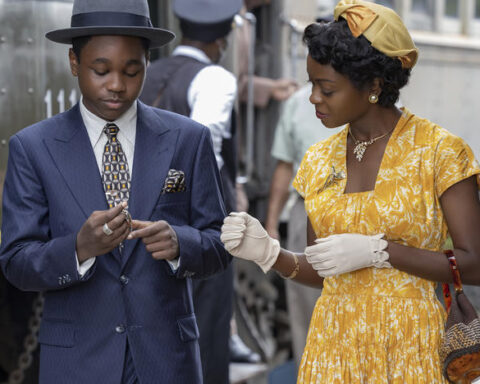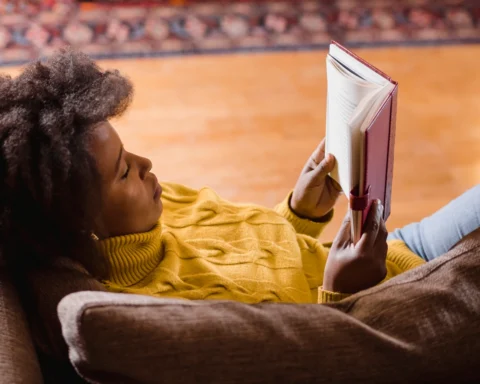One of the best ways to get inspired is to examine the stories of courage and strength of others. As part of Together, We Rise, a 31-day package highlighting amazing Black people, experiences, allies, and communities that shape America and make it what it is today, we’ve compiled a list of Black women who have made historic impacts in our nation and the world as a whole.
The history-making Black women included in this group defied odds, broke boundaries, and left special marks of excellence in their communities, paving the way for other Black women to do the same.
Elizabeth Freeman (unknown-1829)
Freeman, also known as Mum Bett, was a nurse and midwife who successfully sued Massachusetts for her freedom in 1781, becoming the first African-American enslaved woman to win a freedom suit in the state. Her suit helped lead to the permanent abolition of slavery in Massachusetts altogether.
Ona Judge (1773-1848)
Ona Judge, known by the Washingtons as Oney, was a mixed woman born into an enslaved family on Mt. Vernon and brought to Philadelphia to serve at the President’s House. On May 21, 1796, a 22-year-old Ona successfully escaped her enslavement to President George Washington while he and Mrs. Washington ate dinner. She fled to New Hampshire.
Harriet Tubman (unknown-1913)
American abolitionist Harriet Tubman is most known for her efforts to move slaves to liberation in the Underground Railroad, a network of antislavery activists. Her legacy is indelible in the movement to abolish slavery, as she is documented to have made approximately 13 trips through the Underground Railroad to lead dozens of slaves to freedom — and never got caught, despite a $40,000 reward for her capture.
Ida B. Wells (1862-1931)
Ida B. Wells was a prominent Black investigative journalist, educator and activist in the early civil rights movement. She was one of the founders of the NAACP (National Assocation for the Advancement of Colored People), and led a powerful anti-lynching crusade in the U.S. in the 1890s.
Rosa Parks (1913-2005)
Rosa Parks, a trailblazer known for her courageous participation in the Montgomery bus boycott, sparked a movement against racial segregation on public transit. Her defiance to give up her seat led to her arrest on Dec. 1, 1955, but sparked a revolutionary movement. The United States Congress has since honored her as “the first lady of civil rights” and “the mother of the freedom movement.”
Maya Angelou (1928-2014)
Maya Angelou has a distinct voice as a Black writer and activist. She left her legacy with a large collection of memoirs, poems, essays and plays. She rose to fame in 1969 after the publication of “I Know Why the Caged Bird Sings,” one of her autobiographies that details her early years as a young Black woman.
Nina Simone (1933-2003)
Nina Simone possessed a unique raspy voice and had a massive impact on the jazz community, as well as continued involvement in the civil rights movement. In her early years, she changed her name from Eunice Kathleen Waymon, her birth name, to her new alias, Nina Simone, so she could disguise herself from her family while trying to make a career in jazz as a pianist and singer. She rose to fame and recorded more than 40 albums between 1958 and 1974.
Audre Lorde (1934-1992)
Audre Lorde made incredible contributions to feminist literature. In her writings, she highlights her experience being a Black lesbian woman and confronts issues of racism, homophobia, classism and misogyny, giving voice to other Black female writers and activists.
Aretha Franklin (1942-2018)
“Queen of Soul” Aretha Franklin was ranked ninth in Rolling Stone’s “100 Greatest Artists of All Time” twice and it’s said that no one understood soul music better than Aretha. She also was the first female artist to be inducted into the Rock and Roll Hall of Fame.
Marsha P. Johnson (1945-1992)
Marsha P. Johnson, born Malcom Michaels Jr., was the first American self-identified drag queen. She was one of the first gay liberation activists and one of the most prominent figures of the Stonewall riots in 1969. When asked what the “p” in her name stood for, she responded, “pay it no mind,” and continued to use that phrase when asked about her gender identity.





